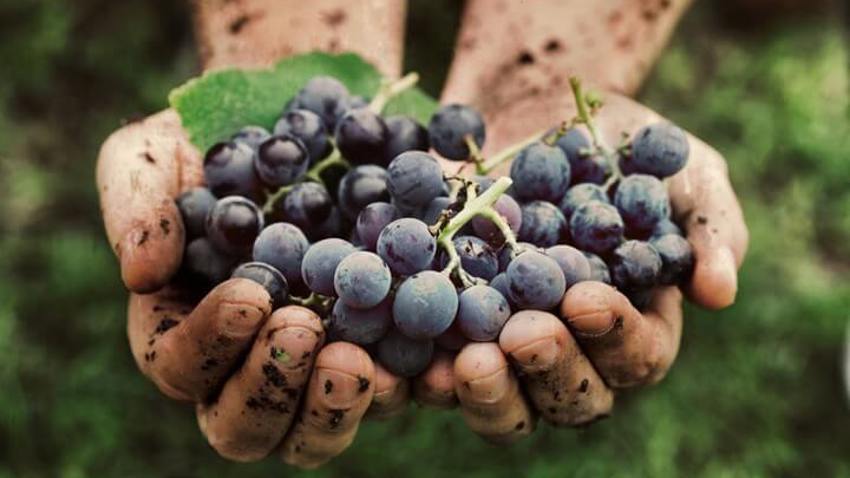Sustainable Vineyards: Are They the Future of Fine Wine?
The world of fine wine is evolving, and sustainability is at the heart of this transformation. As climate change, environmental concerns, and shifting consumer values reshape industries worldwide, the wine sector is also feeling the pressure to adapt. Sustainable vineyards are emerging as a key response to these challenges, but the question remains: Are they the future of fine wine?
The Rise of Sustainable Winemaking
Sustainability in viticulture is not just a trend; it’s a necessity. Traditional winemaking methods, while steeped in history and craftsmanship, often involve extensive water usage, chemical treatments, and soil depletion. Sustainable vineyards aim to mitigate these impacts by adopting eco-friendly practices such as:
- Organic and Biodynamic Farming: Avoiding synthetic pesticides and herbicides to promote healthier soil and biodiversity.
- Water Conservation: Utilizing drip irrigation and rainwater harvesting to reduce water waste.
- Renewable Energy: Incorporating solar panels and wind energy to power operations.
- Carbon Footprint Reduction: Minimizing emissions through eco-friendly packaging and localized distribution.
- Soil Health and Reforestation: Planting cover crops and maintaining green corridors to prevent erosion and encourage biodiversity.
Why Consumers and Investors Care
The shift toward sustainability isn’t just driven by environmental concerns—it’s also being fueled by market demand. Today’s wine consumers, particularly millennials and Gen Z, are more conscious of where and how their products are made. Wines labeled as organic, biodynamic, or sustainably produced are increasingly sought after, creating new investment opportunities for collectors and wine investors.
From an investment perspective, sustainability can also enhance long-term value. Fine wine is often considered a stable asset, and vineyards that embrace sustainable practices may be better positioned to withstand climate fluctuations and regulatory changes, ensuring consistency in production and quality.
Challenges to Sustainable Viticulture
Despite its many benefits, sustainable winemaking faces some hurdles:
- Higher Costs: Transitioning to sustainable methods requires significant upfront investment.
- Changing Regulations: Sustainability certifications vary by region, leading to inconsistencies in standards.
- Production Risks: Organic and biodynamic vineyards may experience lower yields due to the absence of synthetic treatments.
However, with growing awareness and technological advancements, many of these challenges are being addressed, making sustainable vineyards more viable in the long run.
The Future of Fine Wine
Sustainable vineyards are not just a passing trend—they are shaping the future of the fine wine industry. With increased consumer interest, technological innovation, and environmental urgency, sustainable winemaking is likely to become the new standard rather than the exception.
For wine investors, understanding and embracing sustainability could open new doors to exclusive and high-value wines. As the market continues to shift, those who adapt to these changes will be best positioned to benefit from the evolving fine wine landscape.
At Vinho, we stay ahead of these industry shifts to provide you with valuable insights into wine investment. Cheers to a greener, more sustainable future for fine wine!



